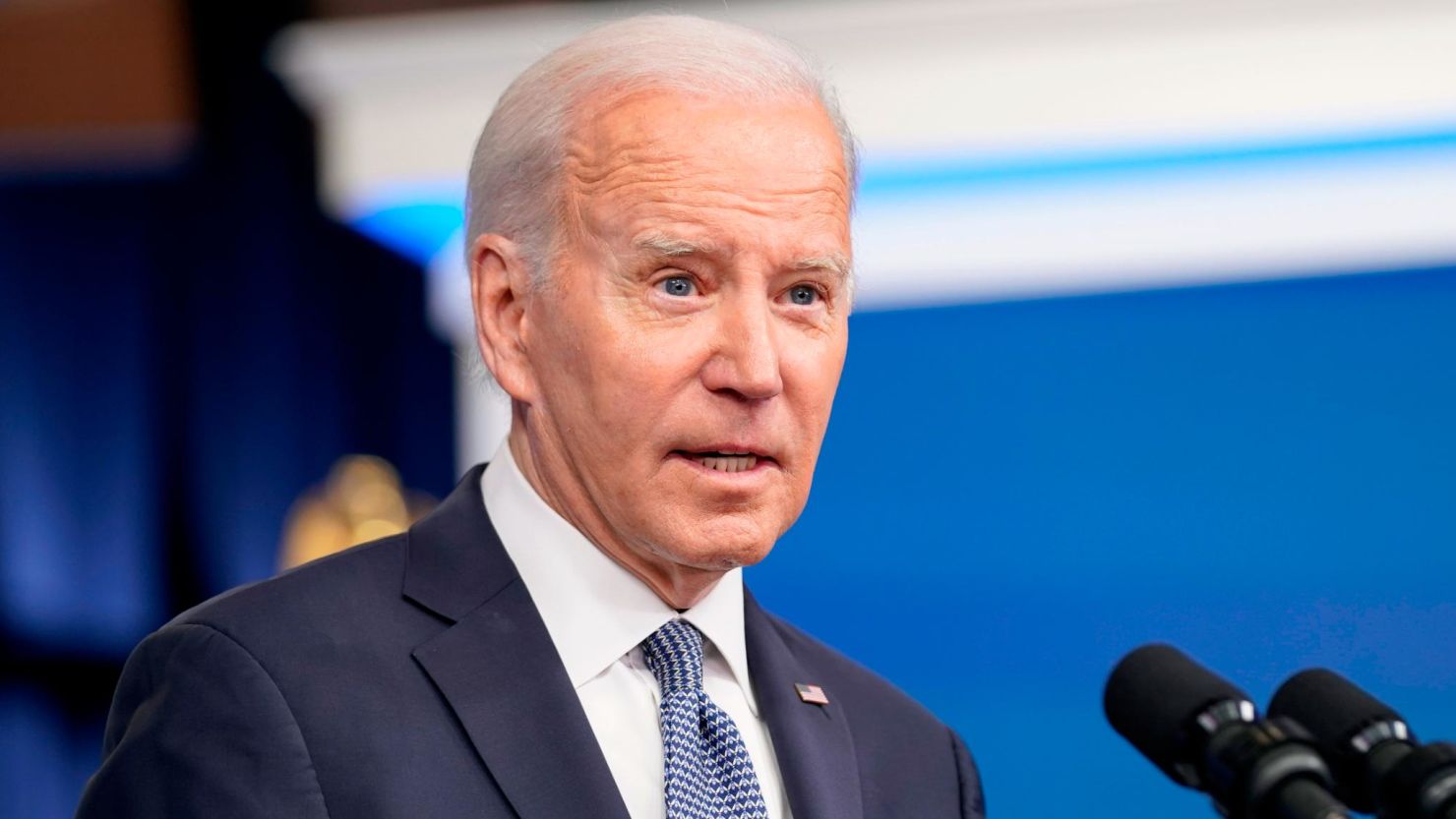Jan. 5 — Lausch briefs Garland on the results of his initial investigation and advises a special counsel is warranted.
Jan. 9 — The White House counsel’s office confirms for the first time publicly that classified documents were found at the Penn Biden Center, only after news organizations reported on the development.
Jan. 11 — Biden’s personal attorneys search the president’s homes in Wilmington and Rehoboth Beach for additional records. They locate a potential record with classified markings in a room adjacent to the garage. They leave it where they found it and suspend their search. They leave Wilmington for Rehoboth, where they search Biden’s home. No records are found in Rehoboth, and the lawyers return to Washington.
Jan. 11 — News organizations report that additional classified documents were found at a separate location from the Penn Biden Center.
Jan. 12 — The White House counsel’s office confirms a “small number” of additional classified documents were located at two locations in Biden’s Wilmington home, most in the garage. They say “one document consisting of one page” was found in a room adjacent to the garage.
Jan. 12 — Biden’s lawyers inform Lausch of what they had found at the Wilmington home in the room adjacent to the garage and begin the process of arranging for it to be delivered to the Justice Department. White House counsel Richard Sauber, who has a security clearance, travels to Wilmington to facilitate the transfer of documents. As they are being transferred, five additional pages marked classified are discovered.
Jan. 12 — Garland announces Robert Hur as the special counsel to conduct an investigation into the matter.
Jan. 14 — The White House counsel’s office discloses publicly that an additional five pages of classified material were found in Wilmington.



